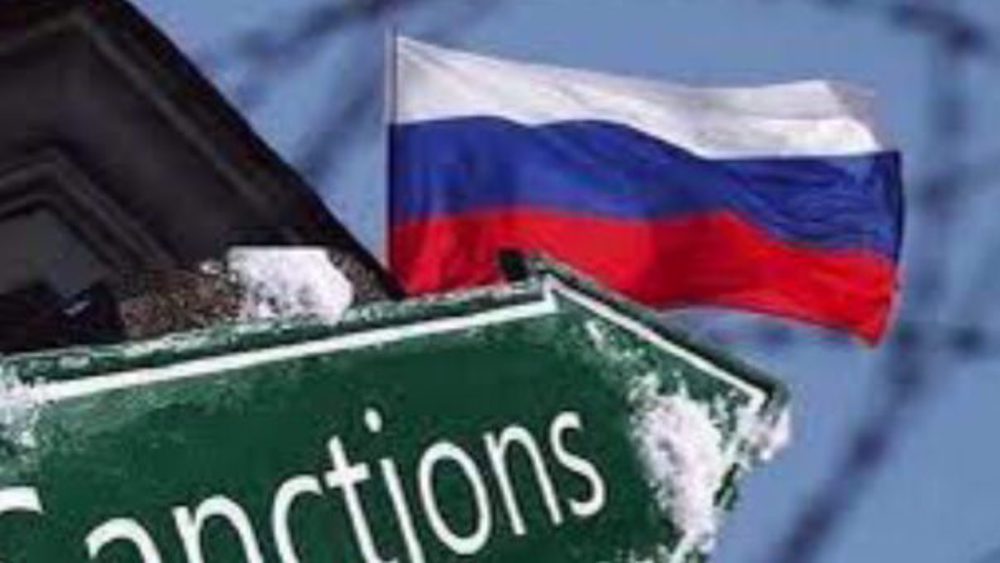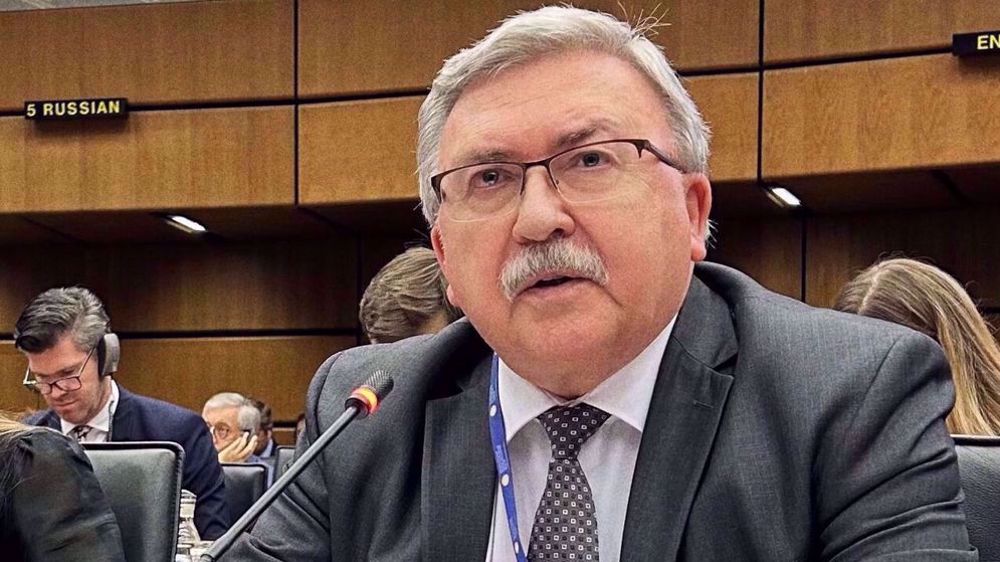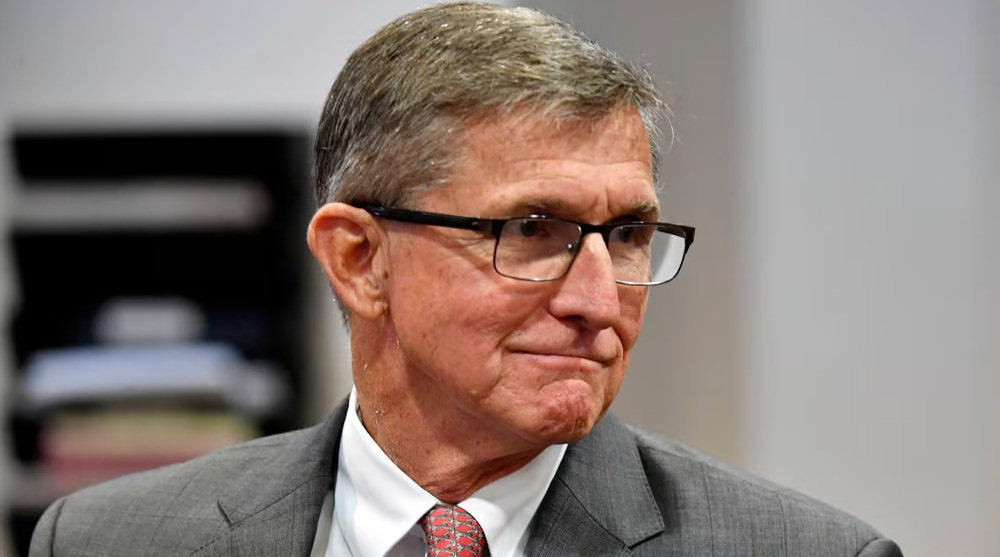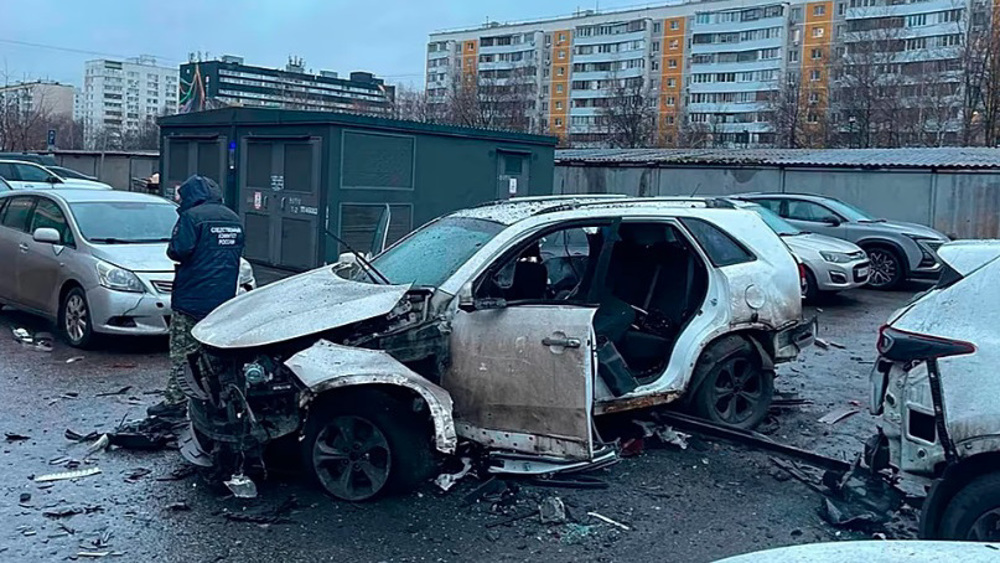Switzerland will not block more Russian assets: Official
The Swiss government has said it will not block more Russian assets other than the funds already frozen – due to a lack of evidence they fall under sanctions, in response to US accusations that it is not doing enough in terms of sanctioning Moscow.
Director of the State Secretariat for Economic Affairs (SECO) Helene Budliger Artieda said in a Tuesday interview in the German newspaper Neue Zürcher Zeitung (NNZ) that “not all Russians are subject to sanctions – only a small minority is.”
Earlier claims were made by US Ambassador to Switzerland Scott Miller who accused SECO of not doing enough to implement sanctions against Russia, and said that Bern could block a further 50 to 100 billion Swiss francs in Russian assets and use them to help restore Ukraine.
“The figure of 50 to 100 billion francs was initially circulated as a possible estimate of Russian funds under [Swiss] management, but it was not an estimate produced by Switzerland,” Budliger Artieda told the German newspaper.
Bern has frozen 7.5 billion Swiss francs ($8.3 billion) worth of Russian assets since the EU imposed sanctions on Moscow in connection with its military operation in Ukraine.
The blocked funds are “a good third” of the €21.5 billion ($23.4 billion) frozen across the European Union, but further asset freezing would require evidence that the funds were connected with sanctioned entities or individuals, said the SECO head.
“We keep telling the US and all partner countries, if you have any valuable leads, give them to us. We will follow these up. To this day we have not received any from the Americans,” she stated.
When asked whether the frozen assets could be confiscated to finance the reconstruction of Ukraine, the official pointed out “The confiscation of private assets is not permitted in Switzerland if they are of lawful origin and have no proven criminal background. Their confiscation would be contrary to the Federal Constitution and the applicable legal system and violate Switzerland’s international obligations.”
SECO’s chief also reiterated that the Swiss government is also unlikely to pressure the country’s financial institutions to stop serving Russian clients.
Back in September 2022, Russia annexed the four Ukrainian regions of Donetsk, Luhansk, Kherson, and Zaporizhzhia following referendums.
Ukraine and its Western allies denounced the move as illegal, calling the votes a "sham." However, Moscow named the regions as constituent subjects of the Russian Federation in a constitutional decree despite the fact that Russian forces have not yet managed to take the regions under their full control.
Since the onset of the war, the United States and Ukraine's other allies have sent Kiev tens of billions of dollars' worth of weapons, including rocket systems, drones, armored vehicles, tanks, and communication systems.
Western countries have also imposed a slew of economic sanctions on Moscow. The Kremlin has said the sanctions and the Western military assistance will prolong the war.
Iranian missile pierced window of Israeli intel chief's office in June, says senior general
VIDEO | Paper state politics
VIDEO | Press TV correspondent injured by Israeli rubber bullets during live coverage
'We will never leave all of Gaza': Israel's war minister signals permanent occupation
Greta Thunberg arrested at London protest supporting Palestine Action hunger strikers
Trump’s travel ban 2.0: Sweeping racism and Islamophobia masquerading as security
The expanding footprint of Iran’s citrus industry
Russia backs Iran’s stance, rejects including missiles in nuclear talks










 This makes it easy to access the Press TV website
This makes it easy to access the Press TV website